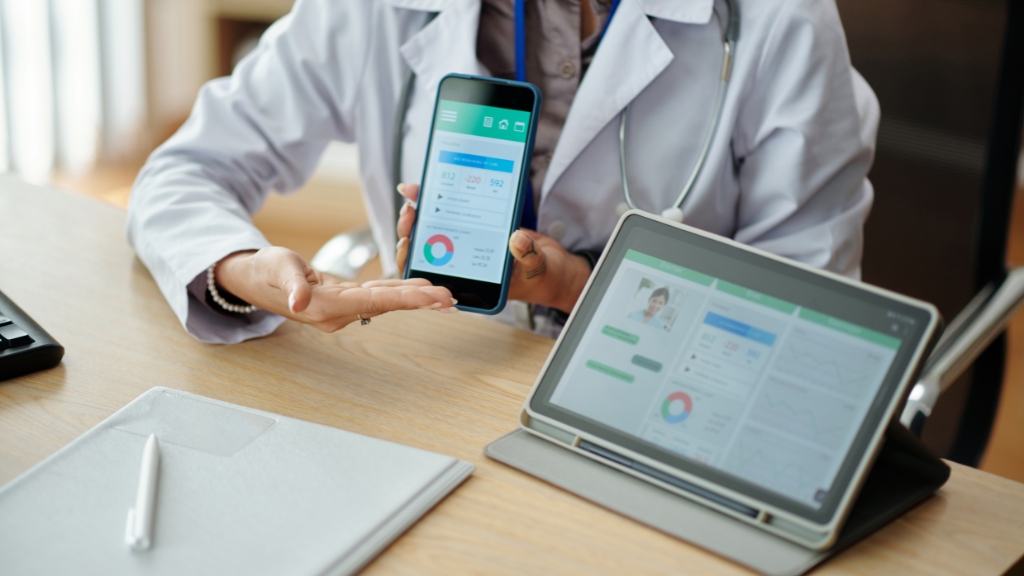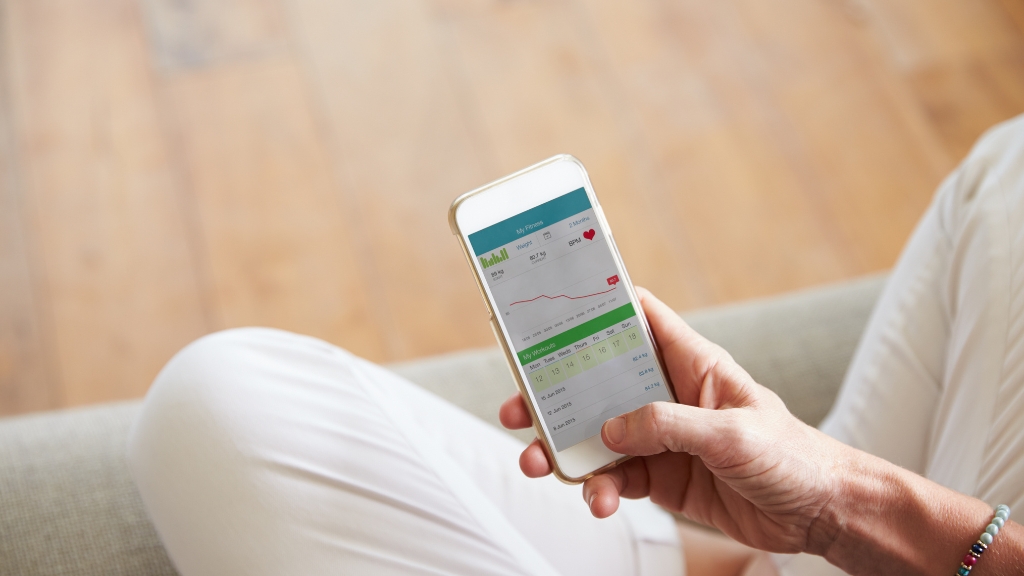
Empowering Patients with Healthcare Apps: A New Era in Medicine
Healthcare apps are reshaping the relationship between patients and healthcare providers, enabling people to control their health more in an era where digital tools are seamlessly woven into daily life. Through features such as personal health tracking, secure data access, and telemedicine, these apps empower patients by making medical support, advice, and tracking more accessible than ever.
The Role of Healthcare Apps in Patient Empowerment
Healthcare apps provide patients with an unprecedented level of accessibility and convenience. Here are some ways in which these digital tools empower patients:
- Personal Health Tracking
- Apps allow patients to track various health metrics, such as heart rate, blood pressure, activity levels, and sleep patterns. For example, people managing chronic conditions such as diabetes can monitor glucose levels with real-time data, helping them stay informed and adjust as needed. By offering these insights at their fingertips, healthcare apps encourage proactive health management.
- Increased Accessibility to Medical Information
- With healthcare apps, users can access their medical records, test results, and treatment histories in one place. This ready access to information can help patients better understand their conditions and engage in informed discussions with healthcare providers.
- Telemedicine and Remote Consultations
- Telemedicine features within healthcare apps provide easy access to medical consultations without physically visiting a clinic or hospital. Especially for people in remote areas or those with mobility limitations, telemedicine has made healthcare services more inclusive and accessible. Patients can schedule appointments, communicate with doctors, and even receive prescriptions remotely, making healthcare more convenient and timely.
- Medication Reminders and Alerts
- One of the main challenges in chronic illness management is medication adherence. Apps can provide timely reminders for medication, ensuring patients follow their prescribed treatment plans accurately. These reminders help improve patient outcomes by reducing missed doses or medication errors.
- Patient Education and Health Literacy
- Many healthcare apps offer educational resources on various health conditions, wellness tips, and self-care practices. Making such information easily accessible, these apps help patients stay informed about their health and wellness, supporting preventive care and lifestyle adjustments that can lead to better overall health.
Critical Benefits for Healthcare Providers
Healthcare apps also provide healthcare providers with tools to improve patient care, communication, and monitoring:
- Efficient Data Management: Electronic Health Records (EHR) integrated into healthcare apps enable doctors to access complete patient histories, making diagnoses more accurate.
- Remote Monitoring: Doctors can monitor patients’ health data remotely, allowing them to catch potential issues early.
- Patient Engagement: Better communication channels make patients more likely to engage with their treatment, leading to improved adherence to medical advice.
The Future of Healthcare Apps
The continuous development of AI and machine learning technologies promises even greater capabilities for healthcare apps. Predictive analytics, for instance, can help forecast health trends and alert patients to take preventative actions. As more sophisticated features are developed, healthcare apps will likely play a more significant role in preventive care and chronic disease management.
FAQs
- What types of health metrics can healthcare apps track?
Standard metrics include heart rate, blood pressure, glucose levels, physical activity, and sleep patterns. - Are healthcare apps safe for personal data?
Most healthcare apps prioritize data security and comply with regulations like HIPAA to protect personal health information. - Can healthcare apps replace regular doctor visits?
No, healthcare apps are a supplement to regular healthcare visits, though they help facilitate remote care and monitoring. - How do telemedicine features work in healthcare apps?
Depending on the app’s functionality, patients can book virtual consultations, receive diagnoses, and get prescriptions through video or chat. - Are healthcare apps effective for chronic disease management?
They offer tools for tracking symptoms, medication adherence, and lifestyle changes, which can significantly benefit chronic disease management.
Leave a Reply
- AI in Diagnostics: Revolutionizing Early Detection and Accuracy
- How AI and Advanced Analytics Are Transforming Healthcare Outcomes
- Investing with Confidence: The Role of ROI Calculators
- How ROI Calculators Drive Data-Driven Business Strategies
- The Ultimate Guide to ROI Calculators for Business Success
- Making Sense of ROI Calculators: A Comprehensive Guide
- June 2025 (1)
- May 2025 (1)
- October 2024 (2)
- September 2024 (31)
- August 2024 (31)
- July 2024 (27)
- June 2024 (28)
- May 2024 (30)
- April 2024 (33)
- March 2024 (23)
- February 2024 (29)
- January 2024 (3)
- December 2023 (47)
- November 2023 (36)
- October 2023 (23)
- September 2023 (2)
- June 2023 (2)
- May 2023 (13)
- April 2023 (1)




